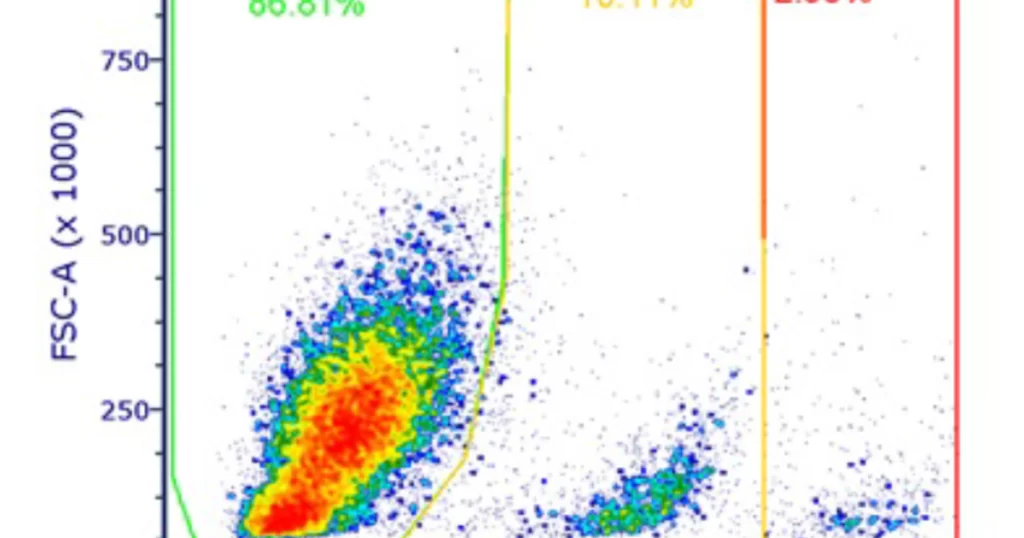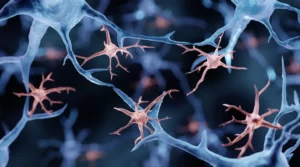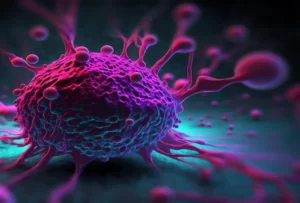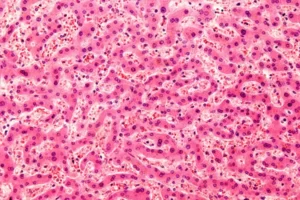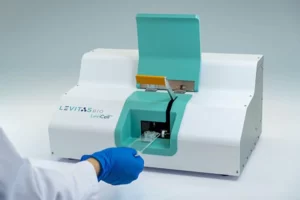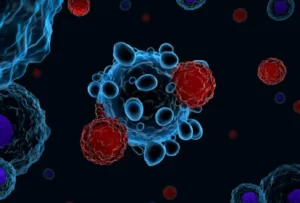Dissociated cells from solid tumor samples (DTCs) are a critical source of valuable, actionable information about the fundamentals of cancer biology. Understanding the makeup of the tumor and its resident phenotypes leads researchers to new discoveries, and can lead to meaningful, targeted therapeutics in the future for specific cancer types. However, solid tissues in general, and solid tumors in particular, present many processing hurdles that render many precious samples unusable.
Common challenges with tissue dissociation
Tissue dissociation often exacerbates the percentage of dead cells and debris in an already stressed cellular environment, as does cryo-preservation of the dissociated single cell suspension. However, these are necessary evils of the sample collection process, particularly when many of the most valuable samples are coming from clinical specimens and may need to be cryo-preserved prior to performing analysis at a centralized facility.
When the goal is to transfer these samples to a downstream analytical workflow, such as single cell library preparation or high-parameter cytometric analysis, what can we do to improve the sample quality?
The quality of DTC samples can be improved through proper debris removal
In our latest Research Snapshot, we illustrate how the LeviCell™ system can help to clear away the residual dead and dying cells, along with the cellular debris left behind in the sample, improving the quality of the DTC suspension for downstream analysis. In the example provided, flow cytometry analysis of the sample was performed before and after enrichment on the LeviCell, illustrating a clear reduction in the percentage of dead cells and overall debris.
This label-free, gentle method of viable cell enrichment prepares DTC samples for their ultimate destination: high-quality data generation that will lead cancer biologists to new and relevant insights!

